Childish adults are often told to do things.
As a childish adult, I know: We’re told to act our age, buck up, grow up, man up, and move on.
It’s never merely a request—light, friendly, optional—but always a decree, with or without instructions— e.g., “Act your age and pay attention for a change.”
We are commanded to stop sulking, screaming, stalling, squalling, being self-absorbed, being scared, and stomping off. We are commanded to clean up, calm down, and be considerate.
But one thing we are never told to do is grieve.
And this is the advice we need.
Studies reveal that grief—a major stressor impacting body and mind—serves healing purposes. They say it raises self-awareness and helps mourners learn to orient themselves in changed surroundings while bonding with others undergoing similar distress.
They say it helps mourners find new sources of meaning in a world that feels unfair.
Prehistoric hominids grieved their dead, as evinced by Middle Paleolithic graves at Israel’s Qafzeh Cave. Certain animal species such as elephants and crows have been observed performing “funerals.”
No disrespect toward persons grieving the actual dead—many of us have done that, too—but ponder this: Being a childish adult means living with loss.
Our losses are subtler and less tangible than those entailing formal funerals, but can be just as devastating, confusing, and cruel. No rituals exist for our variety of loss, which makes it harder to identify, much less process, as such. Deep down we sense that crucial things are lost to us, but what? We have no corpses to bury or burn.
Consider mourning this:
We have lost opportunities—to grow up normally. We have, thus far, lost the freedom to live without chronic anxiety, shame, isolation, and rage. We have, thus far, lost any sense of self not based on feeling backward, absent, stupid, unwelcome, or fake.
Grieve being raised by individuals unsuited to that task, whether or not they loved us. Grieve growing up terrified, unseen, cosseted, held to sky-high standards, abandoned, and overexposed. Grieve having been disdained until you loathed yourself or spoiled until you loved yourself too much.
Grieve being held behind or forced ahead. Grieve decades unconsentingly misspent. Yes, this sounds whiny. Sure it does. Grieve the fact that we lack the confidence and courage not to whine.
Grieve these and other passkeys to adulthood that were flung into the sea.
Grieve life lessons untaught. Grieve thresholds set afire or camouflaged as cliffs.
Grieve your own immaturity as one might mourn a helpless beast.
Grieve being described nowadays as lazy, histrionic, narcissistic, inauthentic, unempathic, shallow, cowardly, or belligerent—by your own self and others, none of whom know why.
Grieve the child and adult whom you were meant—but not allowed—to be.
Grieve the fact that we blame ourselves for our own pain. Self-hatred is a handy habit. Sure, it hurts, but being our own villains, whom we know exactly how to harm, is easier than the slow, stark catharsis of realizing that our childishness—whose traits we hate—comprises coping strategies and virtual scar tissue cloaking crimes and demises we feel unqualified to name.
Grieve this.
Not forever, but for a while, grieve it as real adults face real deaths. This will feel weird, processing shock and sorrow, impotence and rage that isn’t aimed at ourselves viciously. Consider it an exercise in maturation. Realize—as adults must—what is lost and why. Remember what can and cannot, should and should not, be saved. Survive.
Might this enhance our self-awareness, focus, and perspective, granting us equilibrium and a sense of meaning as the experts say? Might it turn us from frozen perma-victims into active, astute analysts?
How condescending this sounds, coming from someone so stuck. But stuckness is a childish-adult requisite, and that’s the tricky part about our childish-adult type of loss: It lies within us, looking like the present moment, masquerading as ourselves.







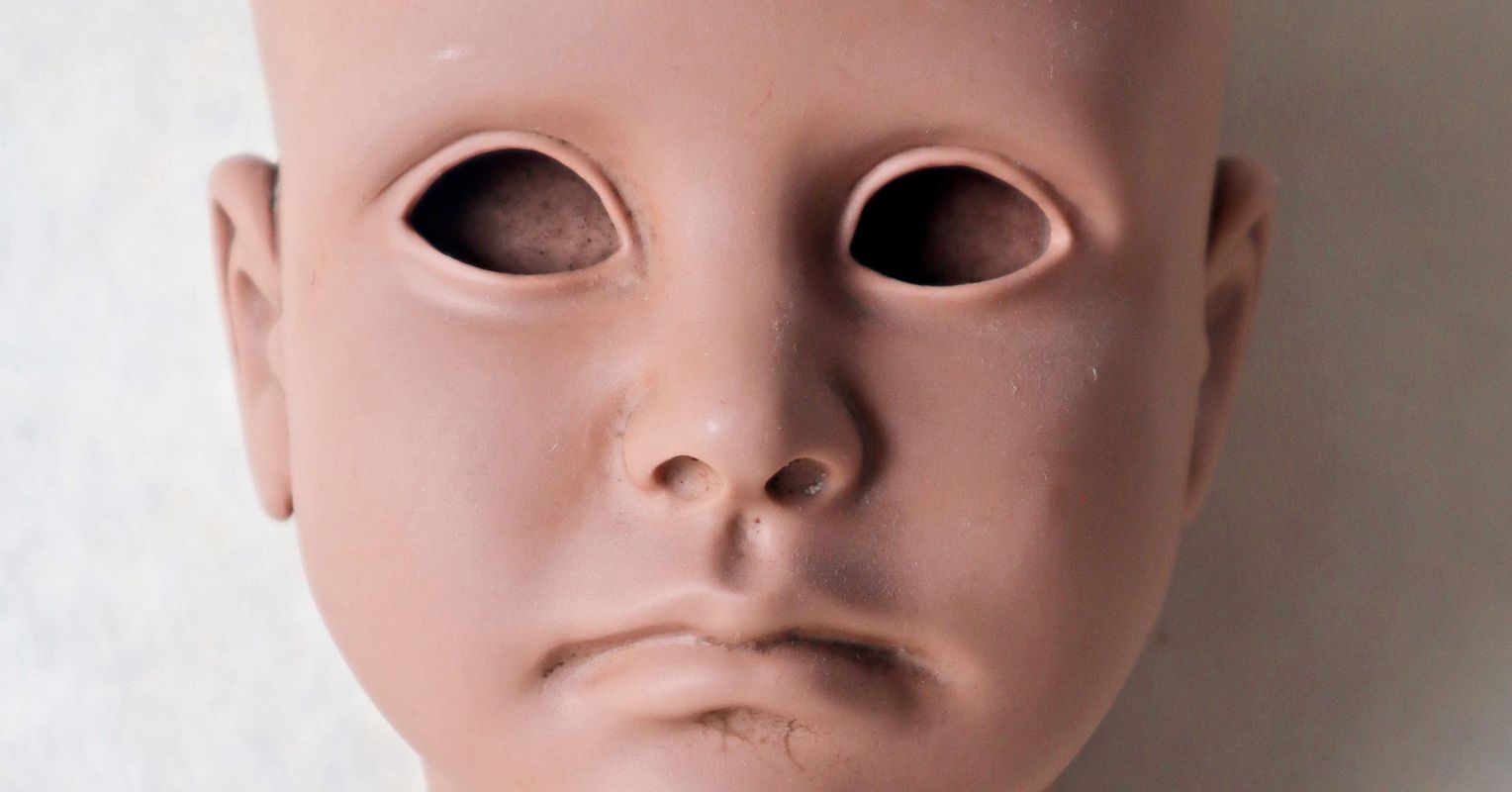

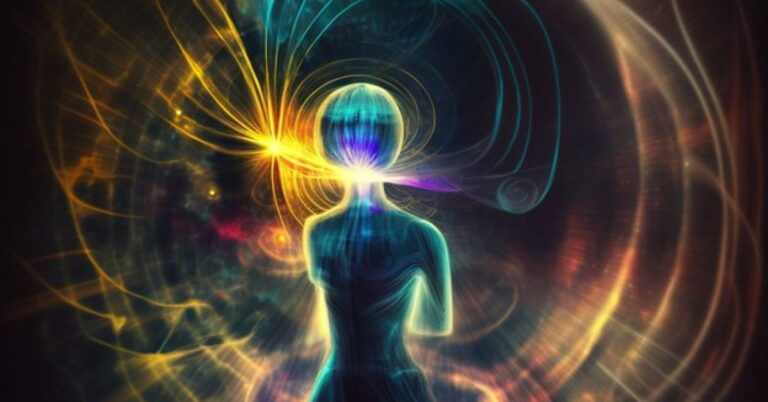
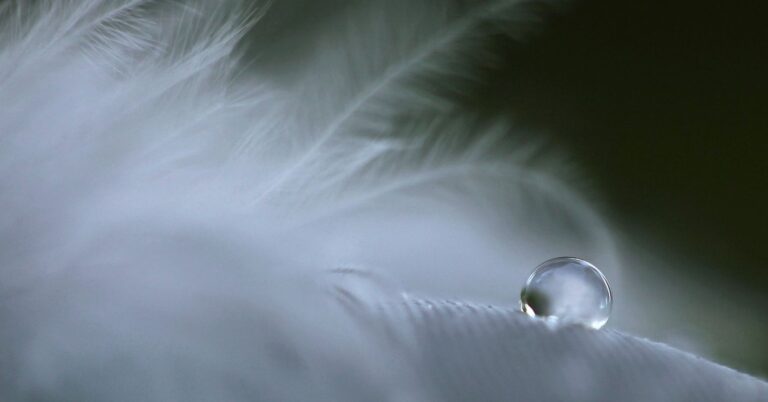
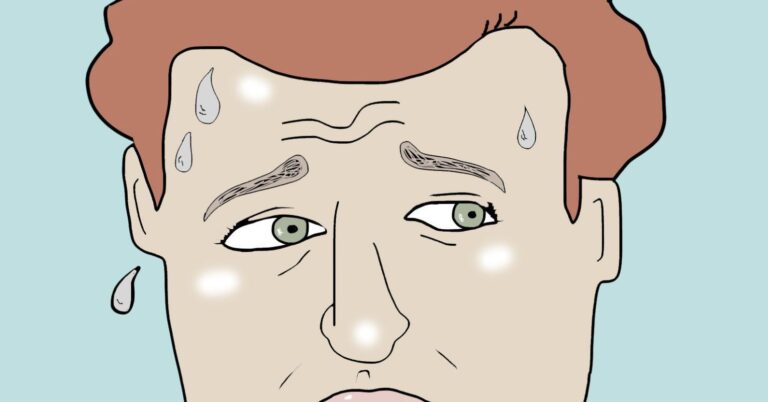
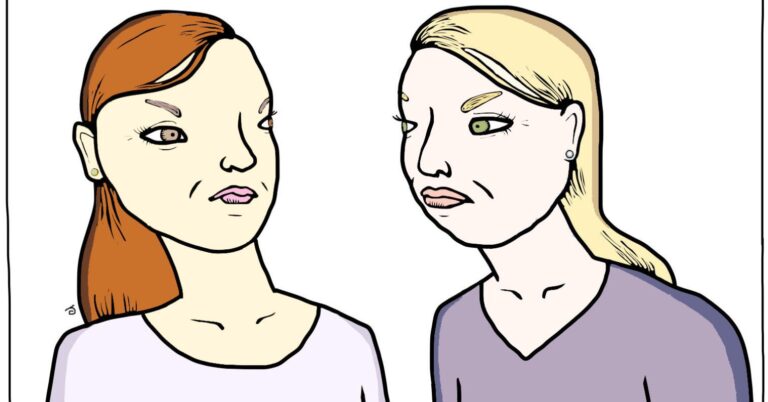
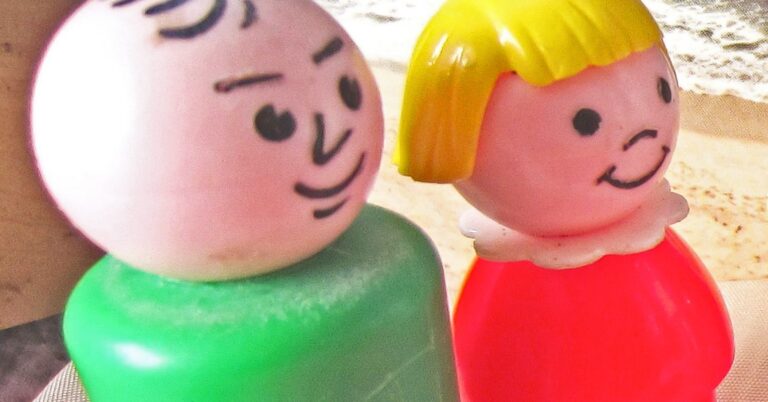







+ There are no comments
Add yours